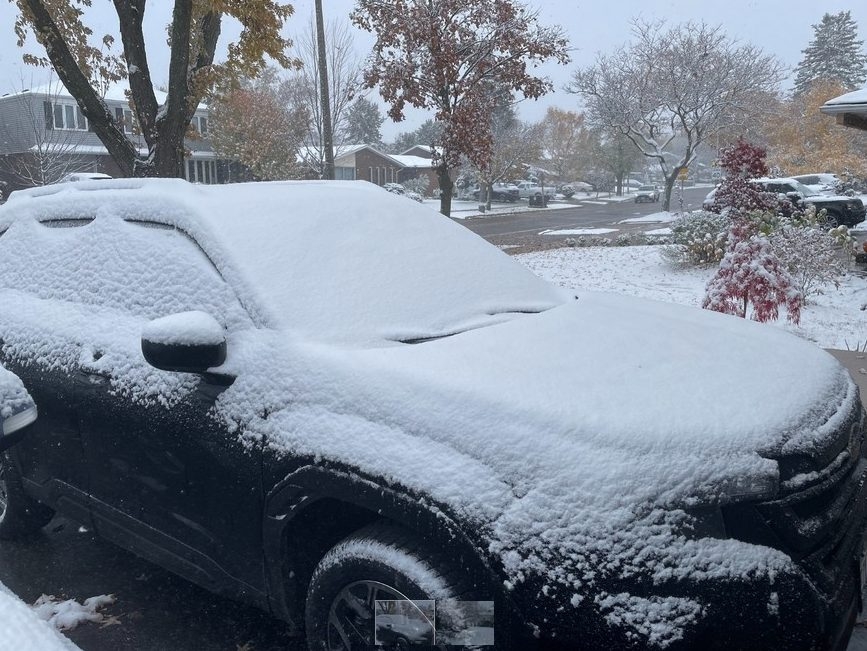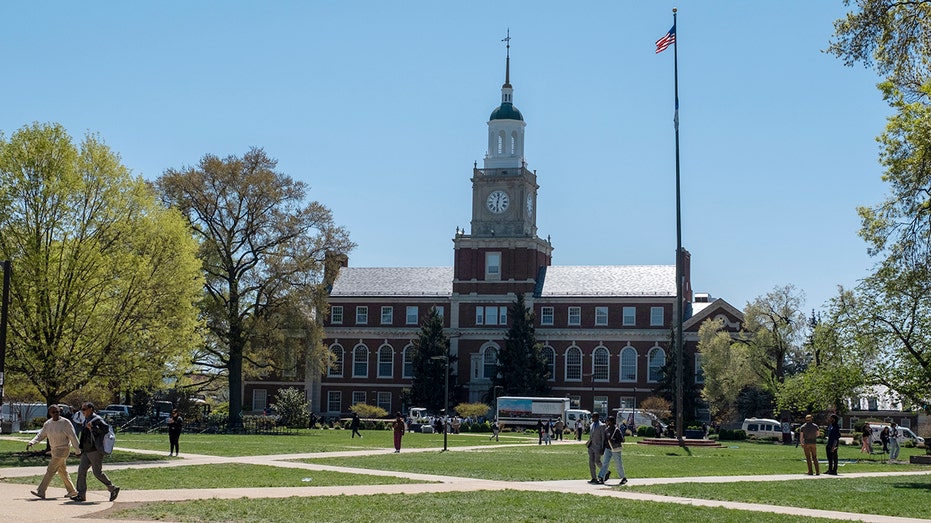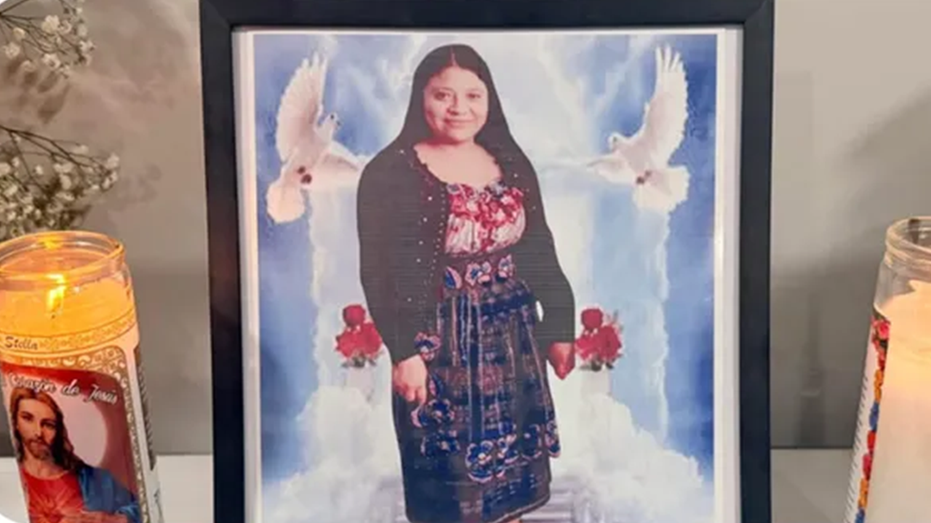A shadow now hangs over a clemency initiative intended to offer redemption. Khyre Holbert, a Nebraska felon granted early release, now stands accused of possessing a firearm connected to multiple crimes, igniting a fierce debate about the balance between second chances and public safety.
Holbert, who served seven years of a twenty-year sentence for gun and narcotics offenses, was arrested following a shooting in Omaha’s Old Market district. Investigators allege he discarded a loaded handgun – a weapon now linked to a string of violent incidents across the state – as police approached. His release, despite warnings from prosecutors about his gang affiliations and extensive criminal history, has become a focal point of intense scrutiny.
The decision to commute Holbert’s sentence in January 2025, part of a broader wave of clemencies, is now being questioned by law enforcement officials. The Omaha Police Officers Association condemned the release, labeling Holbert “no stranger to the law,” while others decry a perceived failure to hold criminals accountable for their actions.
For Michael Rushford, president of the Criminal Justice Legal Foundation, Holbert’s case isn’t simply a tragedy; it’s a stark warning. He argues that clemency was never intended to be delegated, suggesting a lack of presidential oversight in the granting of these releases. “Why would he sign off on 31 drug dealers? Why would you sign off on a murderer?” he asks, questioning the vetting process.
Rushford believes the Justice Department under the previous administration wasn’t focused on fighting crime, and that the criteria for release were flawed. He points out that individuals reaching federal prison typically have a significant criminal history, making true “second chances” rare. By that point, he contends, opportunities for rehabilitation have often been exhausted.
The concerns extend beyond Nebraska. In Alabama, another recipient of the same clemency initiative, Willie Frank Peterson, was arrested months after his release on new drug and gun charges. Authorities discovered cocaine, methamphetamine, and a loaded handgun in his possession, raising further questions about the program’s effectiveness.
Rushford argues that clemency should be reserved for correcting genuine injustices, not used as a political tool. He suspects that political considerations, rather than a thorough review of individual cases, influenced the decisions made during the final year of the previous administration. He fears the releases prioritized compassion over public safety.
He anticipates a shift in approach under the current administration, predicting a renewed focus on accountability and a more rigorous vetting process. “I don’t see the kind of straight criminals being let loose like Biden had done,” he stated, expressing hope for a return to prioritizing public safety.
Rushford’s criticism extends to a broader societal trend he perceives as favoring offenders over victims. He cites the “defund the police” movement as evidence of a diminishing commitment to public safety and a growing sympathy for criminals. He believes a dangerous mindset has taken root, questioning the fundamental need for incarceration.
He argues that true reform requires a firm stance against crime, drawing parallels to the public outcry following the 1993 murder of Polly Klaas, which led to California’s “three-strikes” law. He believes a similar tragedy may be necessary to awaken the nation to the dangers of lenient policies.
Recent cases, including the fatal stabbing of UCLA graduate student Brianna Kupfer and the murder of Iryna Zarutska on a North Carolina train, both allegedly committed by repeat offenders, underscore the devastating consequences of releasing hardened criminals. These tragedies, he says, demonstrate the real-world impact of policies that prioritize second chances over public safety.
Rushford acknowledges that reversing this trend will take time, but insists that a fundamental shift in perspective is crucial. He believes that true justice demands accountability, and that second chances must be earned, not simply granted by political decree. The question, he concludes, is whether the system can endure when mercy eclipses accountability.






